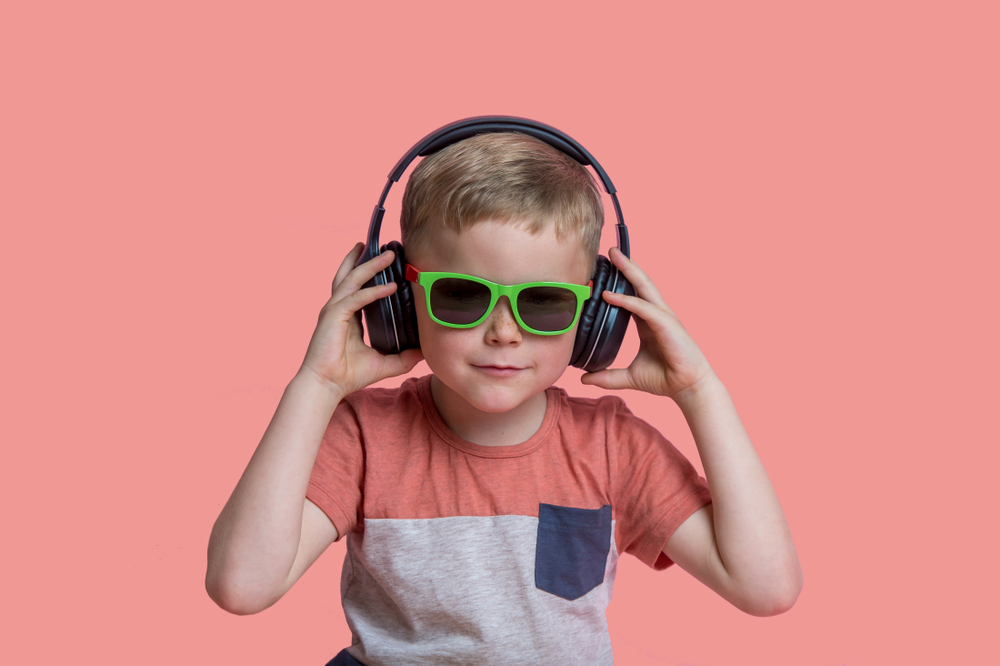Music has a huge part in our lives. It can make our mood better, helps us relax or even remind us of a certain situation or person in our past. It can even affect our heartbeat depending on the pace of music we’re listening to. Amazing, right?
Some studies say that the brain releases dopamine whenever you hear the music you like, which helps a person have a positive mood. Undoubtedly, music has a great impact on our lives.
1. Music reduces stress

Listening to music with a slow tempo and low pitch or what we call relaxing music, can help reduce the anxiety and stress among healthy people and those who will undergo some operation or surgery.
2. Music improves mood

Listening to music can help alleviate our pain, provide relaxation, and boost our dopamine for a positive mood that is good for our well-being.
3. Music lessens anxiety

Some studies have shown that music with medical care have a better results in reducing anxiety compares to just a standard care only
4. Music improves memory

Through the repetitive elements of melody and rhythm, our brain uses patterns that improve our memory. Some studies have shown that it has helped stroke survivors to have better verbal memory. Some studies have shown that it has helped stroke survivors to have better verbal memory and focused attention.
5. Music improves exercise

Music improves the overall performance in exercise by boosting the physical simulation and enhancing people’s aerobic exercise.
6. Music soothes premature babies

Lullabies and live music may enhance sucking patterns, feeding behaviors and may affect vital signs in infants who were born premature, and it may also improve the state of quiet-alert in prolonged periods.
7. Music eases pain

According to studies, patients who listen to music while regaining strength from surgery experience less pain and experience more satisfaction than those who didn’t listen to music while in the stage of healing.
8. Music improves cognition

Music can help in recalling lost memories and can especially help people with Alzheimer’s. In some studies, it is also proven that music can be an aid in maintaining metal abilities.
9. Music provides comfort

Music can also be therapy and is used to improve coping, communication, and expressing our feelings such as the feeling of anger, loneliness and fear in patients who have a malignant illness.
10. Music helps children with an autism spectrum disorder

According to studies, children with autism showed enhancement in attention skills, communication skills, and social responses when they underwent music therapy.
